Brian Hodges and Diana Allan answer student questions on coping with stage fright
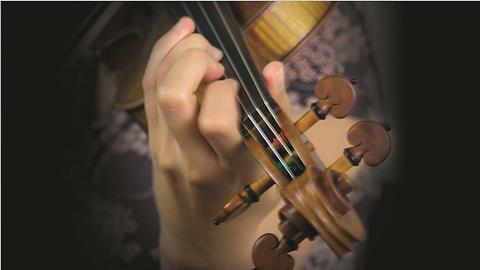
The dilemma How can I stay more focused on stage during a live performance?
Harnessing your thoughts is a very important skill in performing. Students often bring this up in post-performance reflections: 'I don’t know what happened in that spot, but my brain just went someplace else'; 'I found it difficult to get my thoughts back on track after I made that mistake'; 'I don’t know where my mind went!'
When we are in a heightened state and our adrenaline is pumping, our brains can be quite skittish and follow any rabbit trail of thought outside of our control. Our minds are taking the flight option rather than fight. The truth is, we have more ownership over our thoughts than we realise, and through practice and diligence, we can learn to focus on what is most important for performing at our best.
A common scenario is making a mistake during performance - no matter its insignificance - which causes the brain to stop and dwell on the hiccup that is now three measures ago and counting. Meanwhile, the music is still going on and your mind is not focused on what’s happening in the present. Predictably, this leads to more mistakes in a snowball effect. Learning to accept the slip-up in the moment and cultivating the ability to move on can be invaluable to staying on track with your thoughts.
An excellent strategy is to practise performing. If your teacher doesn’t have regular studio classes, create performance opportunities for yourself. Play for anyone who will listen (especially people who make you nervous). As you are performing and you feel your thoughts start to lose focus, intently say to yourself things like, 'move on', 'focus', or 'what’s happening in the music now?' What you say to yourself is up to you, but having control words can snap you back into the music-making at hand.
You are more in control than you realise. The more you rehearse your performance, the easier it will be to stay on track when it matters most.
Do you have a burning question about stage fright? Email us at thestrad@thestrad.com and we’ll put your question to experts Brian Hodges and Diana Allan.
Read: Release the Fear Monster: how to conquer anxiety and perform at your best
Read: Conquering performance nerves: how do I control my fear of failure?
Read: Conquering performance nerves: how do I banish sweaty hands and nausea?
Read: Conquering performance nerves: I’m great in practice but don’t perform so well on the day
Read: Conquering performance nerves: how can I warm up my stiff, cold hands?
Read: Conquering performance nerves: how can I become more comfortable during lessons?
Read: Conquering performance nerves: how do I overcome the fear of not being good enough?
Brian Hodges is an active soloist, chamber musician and teacher. He is associate professor of cello and coordinator of chamber music at Boise State University in Boise, Idaho. He is the principal cellist of the Boise Baroque Orchestra and performs regularly with Classical Revolution: Boise, which has been featured at the Idaho Shakespeare Festival and live on the radio at Radio Boise. He can be reached at www.brianhodgescello.com.
Dr Diana Allan is associate professor of voice at The University of Texas at San Antonio as well as a certified peak performance coach. She works one-on-one with musicians to help them assess both their strengths and challenges and teaches them how to cultivate the mental skills that will enable them to break through the barriers that prevent them from achieving optimal performance. Her website, Peak Performance for Musicians has a readership from 170 countries.
Brian and Diana presented a session on the topic of performance nerves at the 2016 American String Teachers Association Conference. The 2017 conference takes place from 1-4 March 2017.

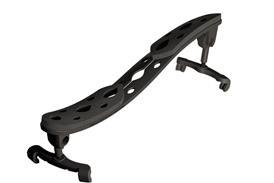

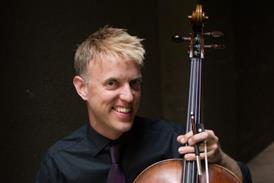
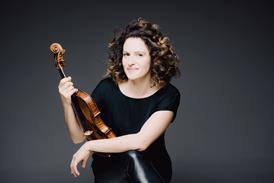




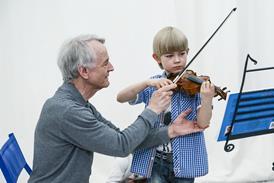




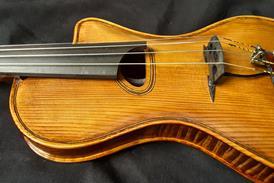











No comments yet